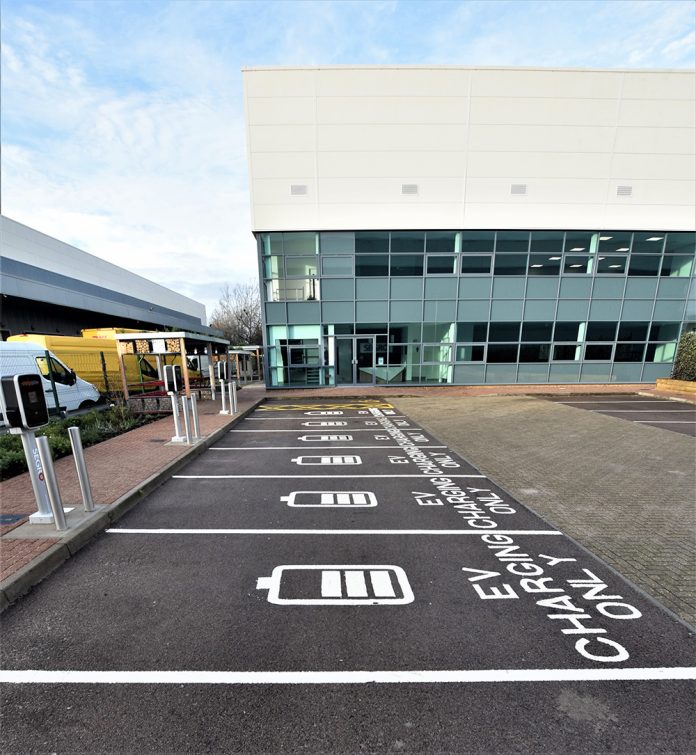Things are changing in Scotland. The recently published Heat in Buildings strategy set out ambitious targets to slash fuel poverty and decarbonise the heating of Scotland’s buildings completely by 2045, with a 68% reduction by 2030.
With the Scottish Green Party in a power-sharing agreement and holding the ministerial position for Zero Carbon Buildings, Active Travel and Tenants’ Rights, we can expect those targets and the steps needed to reach them to be rigorously implemented by regulations.
The key points relating to commercial properties are:
- 50,000 non-domestic buildings to use zero carbon heating by 2030.
- Possibility of mandatory heat network connection for public and large buildings to act as anchors in heat networks.
- Could include using business rates to incentivise better energy efficiency and low/zero carbon heating.
- Aim to rebalance the costs of electricity vs gas to reflect the true carbon emissions of each e.g. make electricity cheaper and gas more expensive. (This is a reserved power so requires cooperation of the UK Government.)
- New standards for EPCs and DECs, moving even more towards reliance on in-use energy consumption rather than modelled.
- Consulting on MEES regulations in 2022. Likely to be phased, with larger buildings having tougher standards earlier than small buildings.
- Expect all MEES standards to become more stringent than currently.
- As well as normal trigger points and backstops for MEES the consultation will consider area-based triggers.
With these changes in mind, we can expect 2022 to be punctuated with more MEES consultations and advice to navigate them, more retrofits, and plenty of heat network activity.
The strategy is ambitious and although currently it does not include much definite quantitative information, it seeks to set out a long-term coherent pathway to decarbonise the heating of buildings. When finalised, the policies it contains should offer clarity and stability on the path to a more sustainable built environment. This will help to de-risk investment and also improve the quality and marketability of commercial property assets in Scotland.
For more information on navigating Scottish energy regulations or ESG, get in touch with Hollis’ Edinburgh-based ESG Consultant, Calum Mackenzie, or visit:
hollisglobal.com/our-expertise/services/esg-consulting/







